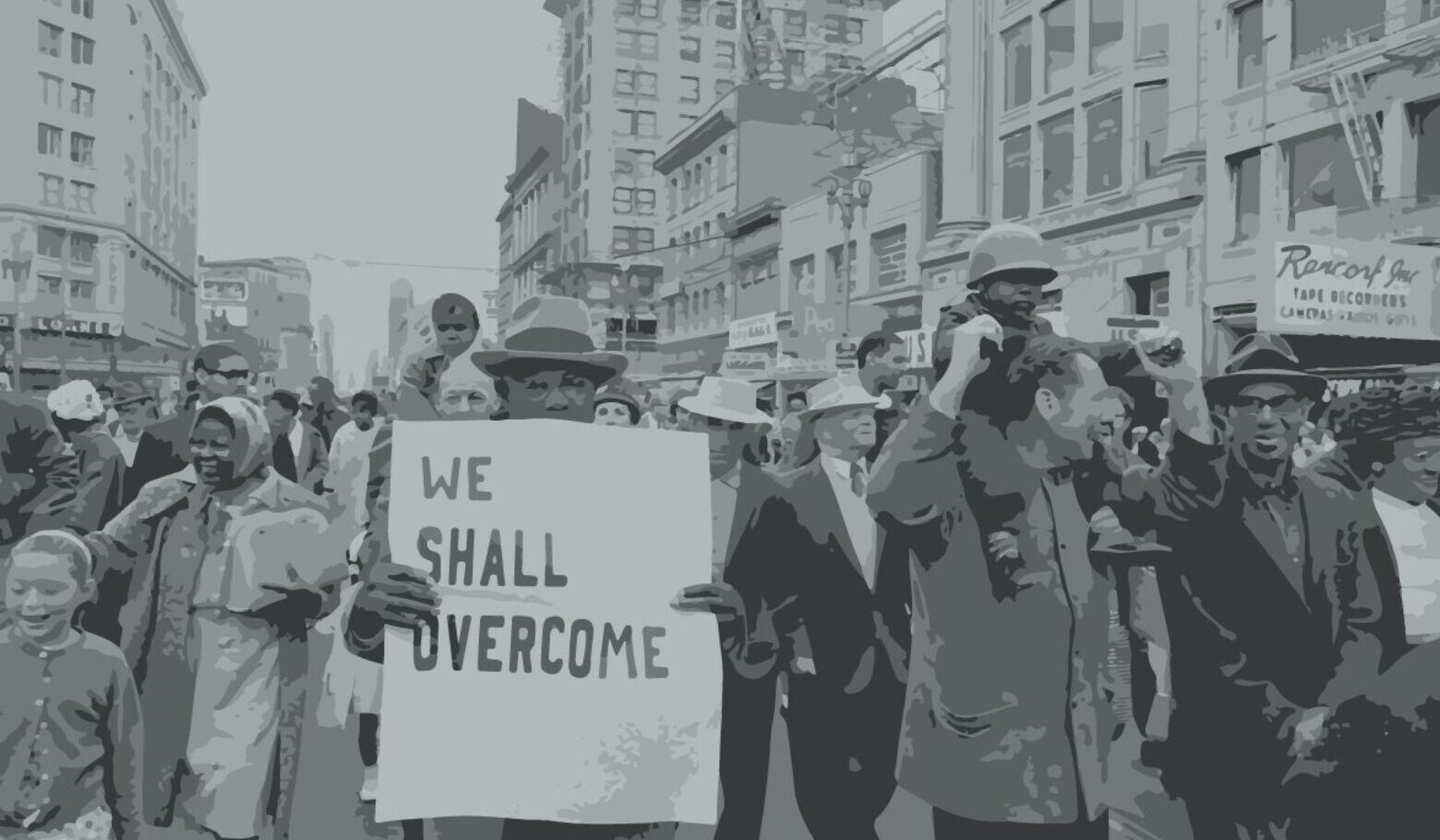Carmen Morgan: Equity, Leadership, and Social Change

In this episode of the StageLync Podcast, host Anna engages in a deep and insightful conversation with Carmen Morgan, a national activist and leader in equity, inclusion, and racial justice. Carmen is the founder and director of Art Equity, an organization dedicated to providing tools, training, and resources at the intersection of arts and activism. Throughout the discussion, she reflects on the power of the arts in driving social change, the impact of current political and environmental challenges on marginalized communities, and the role of leadership in shaping a more just future. Check out this preview, and don’t miss the full episode next week!
How did working in the arts change your perspective on activism?
Before entering the arts sector, my background was in civil rights and social justice, doing human rights monitoring, policy work, and community organizing. While this work was necessary and urgent, it often felt like pushing against strong headwinds. When I started applying social justice principles within an arts context, I saw real attitudinal and cultural shifts. Art has the ability to access people’s spirits and hearts in ways that traditional activism sometimes struggles to achieve. You can knock on a hundred doors, but if you bring people together through art, you create a shared experience that fosters understanding and transformation. The arts provide a tailwind, propelling the work forward with momentum and creativity.
How can the arts community respond to the current political and social climate?
I hope this doesn’t sound trite, but we need to remember that the arts are a source of hope. I recently witnessed this in my own neighborhood after a devastating wildfire. In the aftermath, people gathered outside, commiserating and supporting each other. One of my neighbors—who wasn’t connected to the arts—said, “It’s times like these when we need the arts more than ever.” That moment reinforced what I already knew: art brings us back to our humanity.
Beyond hope, the arts also play a powerful role in advocacy, using what I call “soft power” to shift perspectives in ways that no policy ever could. Whether it’s theater in Gaza during bombardment or a dancer performing in a concentration camp, history has shown that the arts persist even in the face of oppression. Artists must continue to tell stories that challenge injustice and push for change.
Is the current political landscape affecting all communities equally?
Not at all. For historically marginalized communities—Black, Indigenous, immigrant, LGBTQ+, and others—the impact is disproportionate. Many people are living in fear, whether it’s undocumented individuals worrying about deportation or transgender people fearing for their safety. Meanwhile, those who have historically held power and privilege feel emboldened. We are witnessing a chilling effect, where hate speech and extremist actions that were once considered unacceptable are becoming more public and normalized.
This moment is not just about resisting injustice but also about deepening our values. As Cheryl Ifill said, “This is a planting season.” We have to go deeper in our commitments to equity and justice, ensuring that we don’t normalize this period of heightened division. We must actively counter the forces that seek to roll back progress and reaffirm our collective humanity.
What kind of leadership is needed for the future?
Leadership must evolve. In the past, we have tolerated the idea that someone can be an effective leader while also dehumanizing people—whether through racism, sexism, transphobia, or other forms of discrimination. That era is over. True leadership now requires a social justice framework. You cannot be a great leader if you do not respect the dignity of every human being.
This shift is inevitable. 100 years ago, people were fighting for justice, and they never gave up. Today’s movements build upon their work. Change is coming, whether those in power like it or not. We’re at a turning point where we must redefine leadership to include equity, inclusion, and intersectionality at its core. The next generation will not settle for anything less.
How can activists and artists sustain themselves for long-term change?
One of the most important things we can do is resist the urge to be constantly reactive. Right after the 2016 election, we were flooded with calls asking, “What are you going to do?” We took a step back and made a strategic decision: rather than reacting in panic, we would pause, gather ourselves, and move forward with intention.
Sustainability is key. We can’t afford burnout, and that’s why I love the Penguin Theory. Penguins in the cold survive by rotating positions—one stands in the center, warming up, while others surround them. Then they switch places. That’s what we need to do as a movement. Some of us will be on the front lines, others will rest and recharge, and then we will rotate. It’s about collective care, ensuring that our energy and momentum last for the long road ahead.
Key Takeaways from the Podcast
- Arts as a Catalyst
Carmen emphasizes that the arts possess a unique ability to engage people’s hearts and minds, offering hope and fostering transformative community experiences. - Leadership Redefined
Effective future leadership must be grounded in a social justice framework—respecting human dignity and embracing intersectionality. - Impact on Marginalized Communities
The current political and social climate disproportionately affects marginalized groups, reinforcing the need for targeted advocacy and support. - Sustainable Activism
Rather than reacting impulsively, activists and artists should adopt sustainable practices (like the “Penguin Theory”) to maintain long-term momentum. - Collective Community Action
Building and nurturing community connections is vital for resilience, ensuring that voices for change are amplified and continuously supported.
Editor's Note: At StageLync, an international platform for the performing arts, we celebrate the diversity of our writers' backgrounds. We recognize and support their choice to use either American or British English in their articles, respecting their individual preferences and origins. This policy allows us to embrace a wide range of linguistic expressions, enriching our content and reflecting the global nature of our community.
🎧 Join us on the StageLync Podcast for inspiring stories from the world of performing arts! Tune in to hear from the creative minds who bring magic to life, both onstage and behind the scenes. 🎙️ 👉 Listen now!
